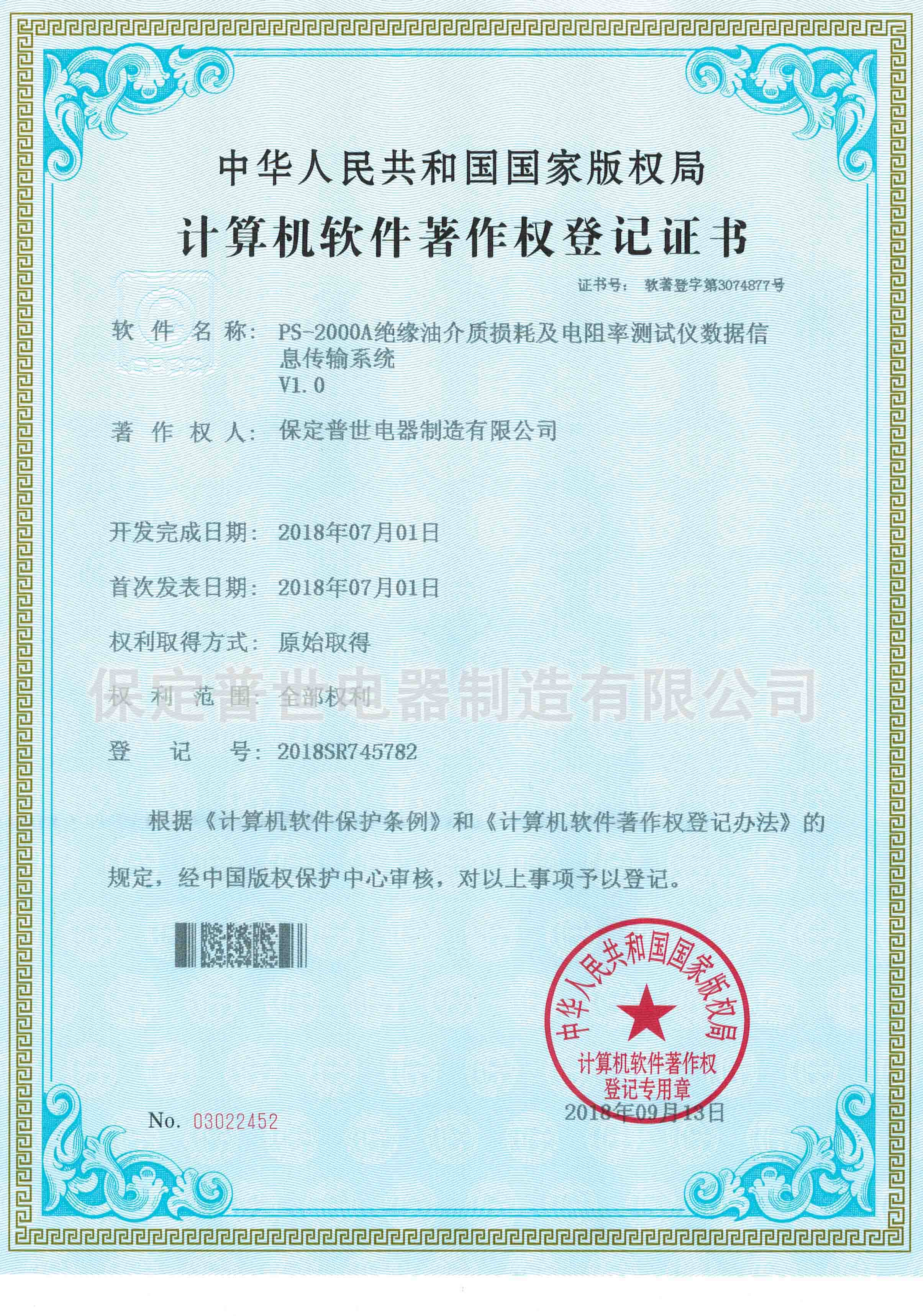 English
English


Digital Insulation Tester - Accurate and Reliable Insulation Testing Solutions
Understanding Digital Insulation Testers
Digital insulation testers are essential tools in the electrical and electronics industry. These devices are designed to measure the insulation resistance of electrical equipment and wiring systems. Insulation testing is crucial for ensuring that electrical systems function safely and efficiently. Using a digital insulation tester allows professionals to detect potential issues before they lead to serious failures or hazards.
The primary function of a digital insulation tester is to apply a specific voltage to the insulation of cables and components. By measuring the current that leaks through the insulation, the device can calculate the insulation resistance. This resistance is expressed in ohms (Ω) and provides insight into the health of the insulation. Generally, a higher resistance value indicates better insulation quality, while a lower value may suggest deterioration, moisture ingress, or contamination.
Digital insulation testers come with various voltage settings, which usually range from 100V to 1000V. This flexibility enables users to test a variety of equipment, including transformers, motors, cables, and various appliances. Users must select the appropriate voltage based on the insulation rating of the item under test. Applying too high a voltage may damage sensitive components, while too low may not provide an accurate assessment.
digital insulation tester

One of the key advantages of digital insulation testers over their analog counterparts is the digital display, which provides clearer readings and often features additional functionality. Many digital testers also incorporate memory storage, allowing users to save and recall previous tests. This feature is especially useful for maintenance records and reporting on equipment conditions over time.
Moreover, modern digital insulation testers can offer advanced features such as diagnostic capabilities, which help identify specific issues within the insulation, including capacitance and leakage current measurements. This can be particularly beneficial for troubleshooting suspected faults in complex electrical systems.
Safety is a paramount concern when using insulation testers. Users must ensure that tests are conducted in accordance with safety guidelines to prevent electric shock or damage to equipment. Before performing a test, it is essential to de-energize the circuit and ensure that all personnel are clear of hazardous areas.
In conclusion, digital insulation testers are invaluable tools that play a critical role in the maintenance and safety of electrical systems. By providing accurate measurements and updates on insulation condition, these devices help prevent electrical failures, enhance operational reliability, and ensure compliance with safety standards. Their ease of use and advanced features make them an essential part of any electrician’s toolkit, helping to keep both personnel and equipment safe in an increasingly electrical-dependent world. Whether conducting routine checks or troubleshooting problems, the digital insulation tester is a key ally in the pursuit of electrical integrity and safety.
-
Differences between open cup flash point tester and closed cup flash point testerNewsOct.31,2024
-
The Reliable Load Tap ChangerNewsOct.23,2024
-
The Essential Guide to Hipot TestersNewsOct.23,2024
-
The Digital Insulation TesterNewsOct.23,2024
-
The Best Earth Loop Impedance Tester for SaleNewsOct.23,2024
-
Tan Delta Tester--The Essential Tool for Electrical Insulation TestingNewsOct.23,2024





